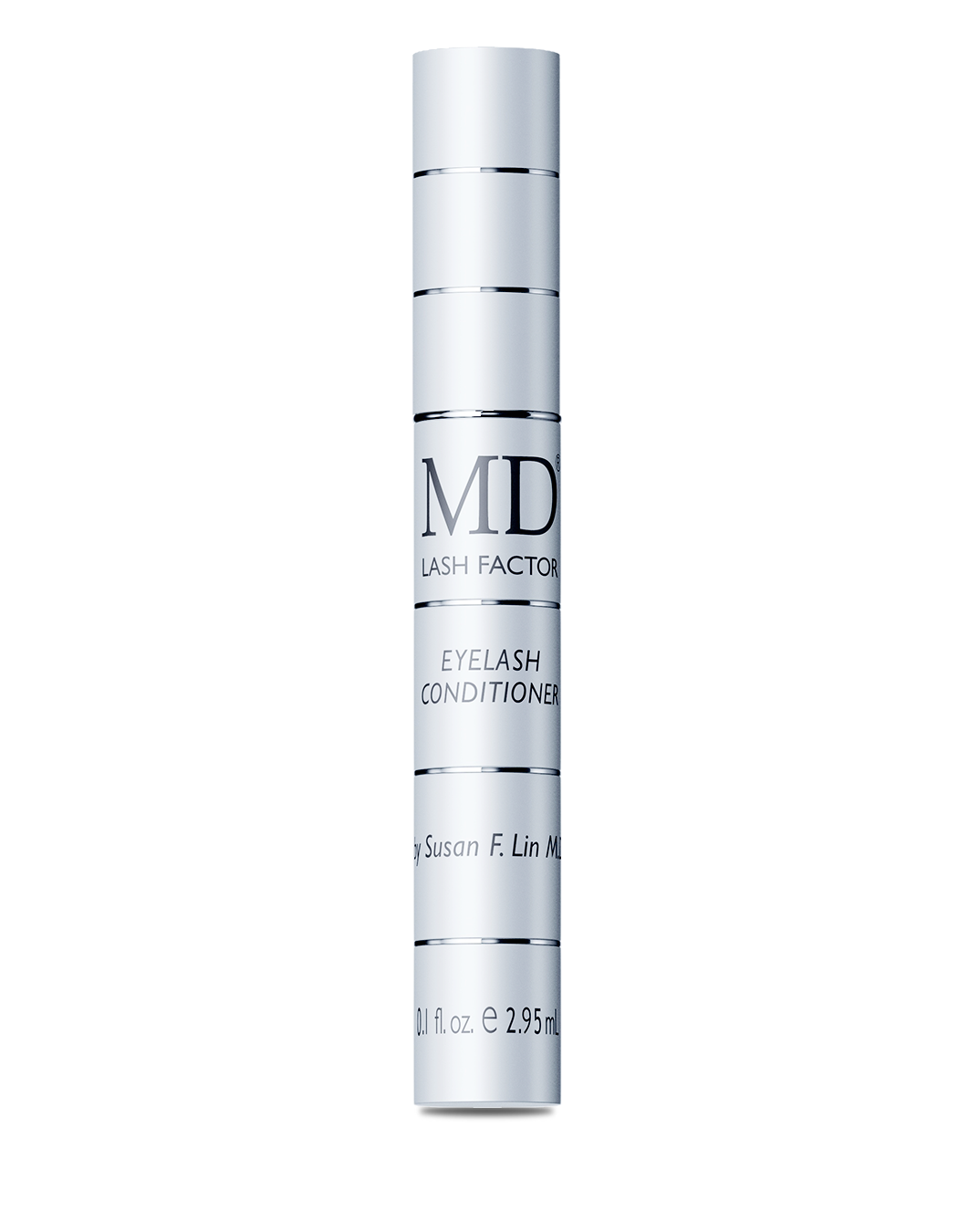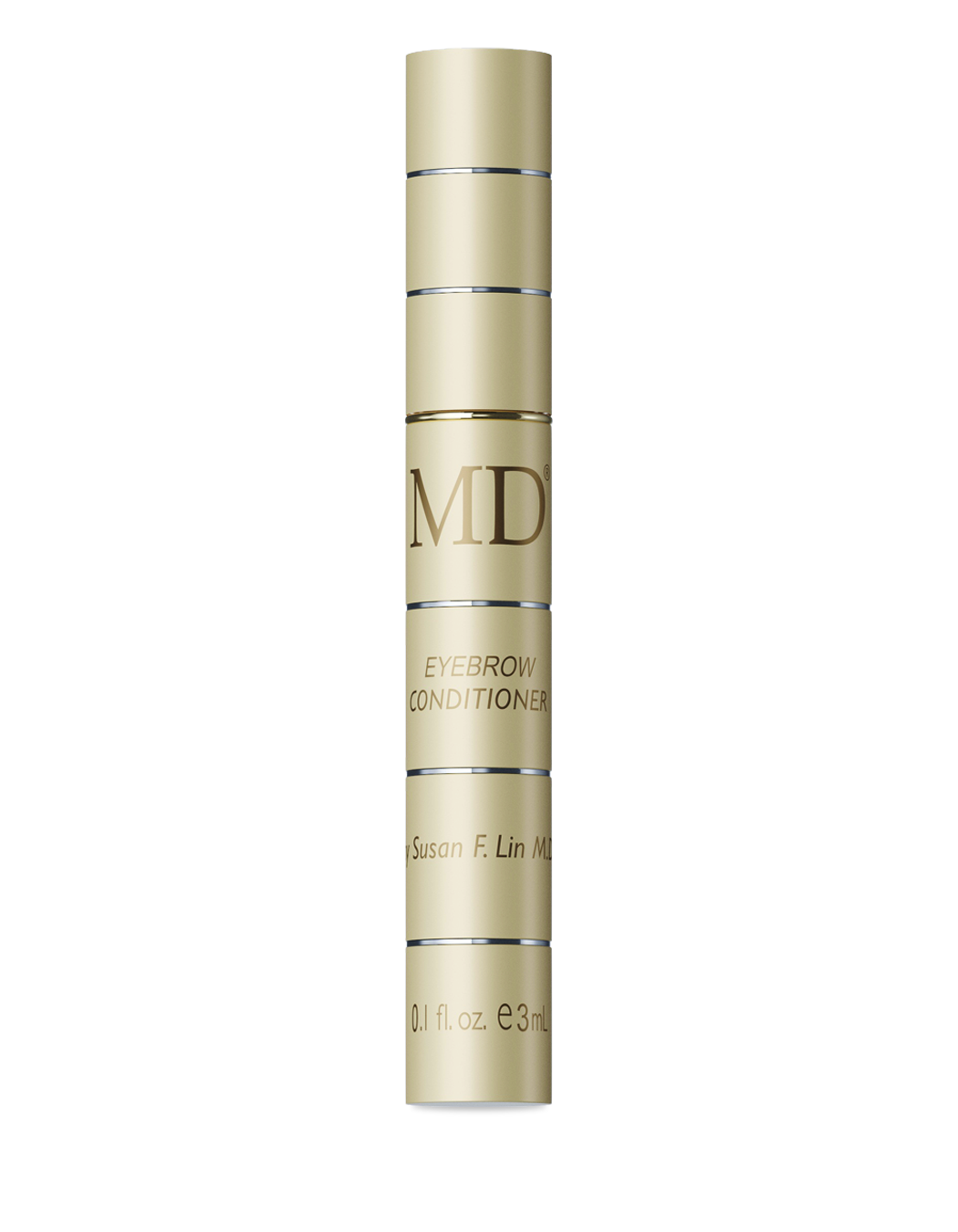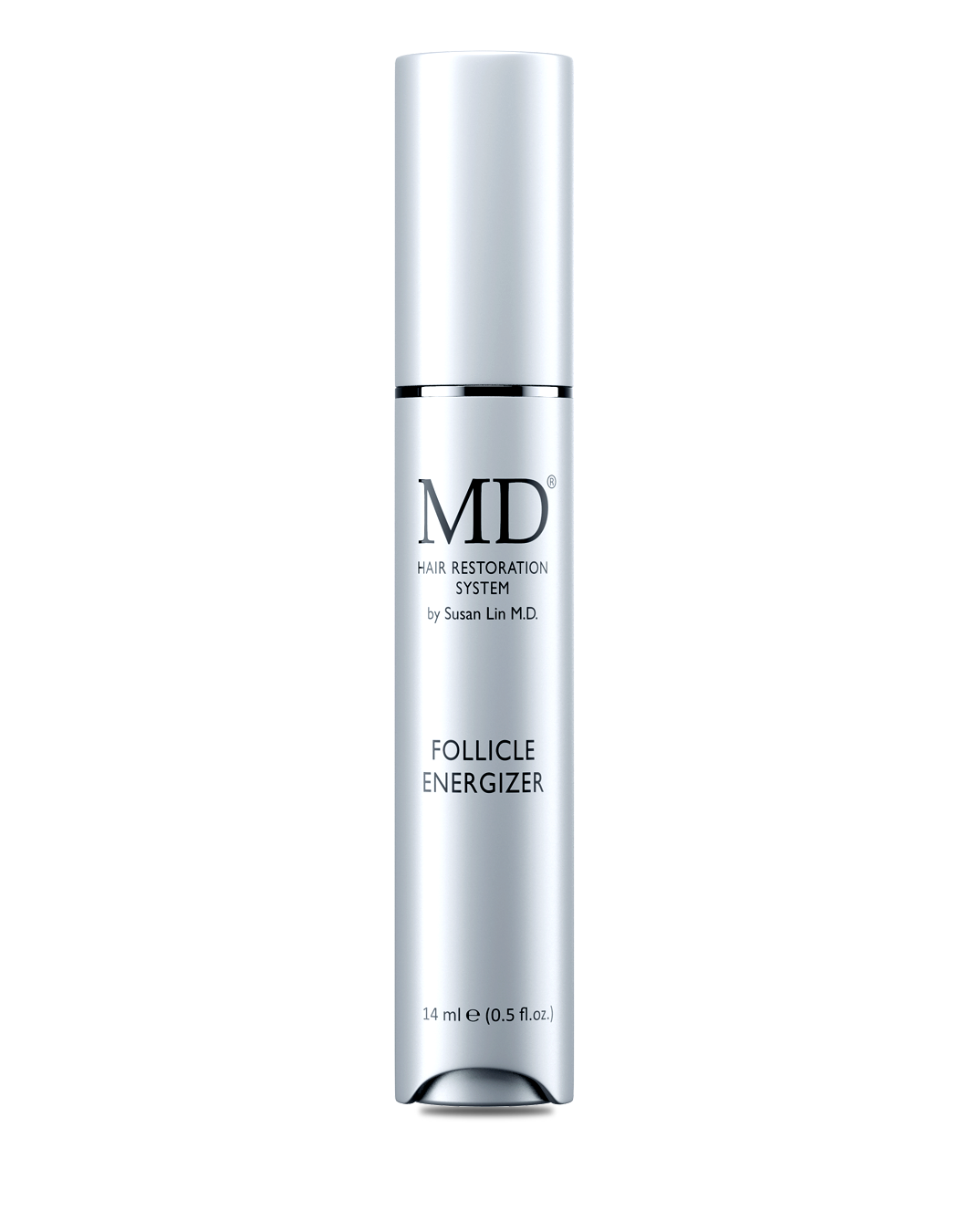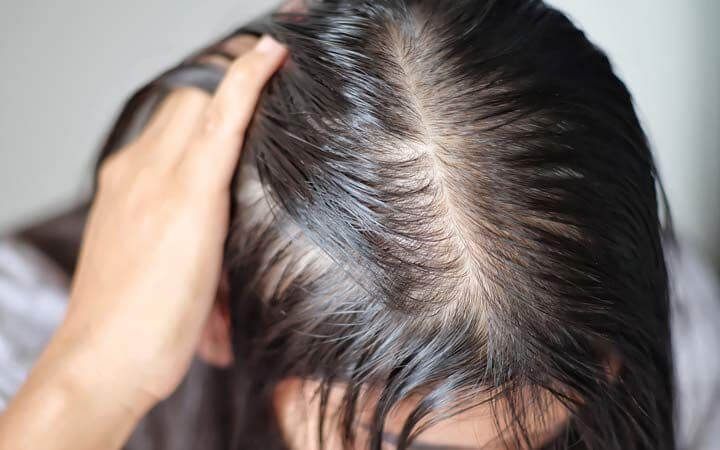What are a Few Causes and Treatments for Postpartum Hair Loss?
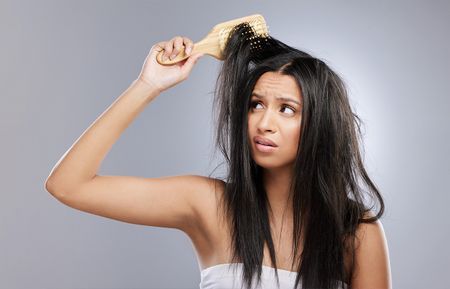
Welcoming a new life into the world is a joyous and transformative experience, but for many new mothers, it comes with unexpected changes, including postpartum hair loss.
In this informative blog, we will find some of the prime causes and supportive treatments for postpartum hair loss, providing valuable insights and practical solutions.
Understanding the complex relationship between hormonal changes, nutritional factors, and hair health is crucial for confidently embracing this phase. Therefore, to help you with this, we will debunk common myths surrounding postpartum hair loss, explore effective coping strategies, and discuss treatments that have shown promise in promoting hair regrowth. Join us on this journey to understand the science behind postpartum hair loss and empower new mothers with the knowledge they need to embrace their post-pregnancy beauty with grace and assurance.
Let's navigate this together!
Causes of Postpartum Hair Loss
The marvel of childbirth is accompanied by several changes in a woman's body; one such common occurrence is postpartum hair loss. Understanding the causes behind this natural phenomenon involves a detailed exploration of hormonal shifts, explicitly focusing on estrogen and progesterone levels during and after pregnancy.
1) Hormonal Changes:
- A) Estrogen and Progesterone Levels during Pregnancy:
Throughout pregnancy, higher-than-normal levels of estrogen and progesterone create an environment conducive to thick and healthy hair growth. This hormonal surge contributes to the radiant locks often associated with expectant mothers.
- B) Postpartum Hormonal Fluctuations:
Childbirth also involves a significant drop in estrogen and progesterone levels postpartum. Again, this hormonal shift triggers a phenomenon known as telogen effluvium, a natural part of the hair growth cycle that impacts many women after giving birth.
2) Telogen Effluvium:
- A) Explanation of Telogen Effluvium:
Telogen effluvium is a condition where a substantial number of hair follicles simultaneously enter the resting (telogen) phase of the hair growth cycle. This results in increased hair shedding, noticeable a few months after the triggering event—in this case, childbirth.
- B) How It Relates to Postpartum Hair Loss:
Postpartum hair loss is often attributed to telogen effluvium, as the hormonal fluctuations post-childbirth push a significant portion of hair follicles into the telogen phase. Understanding this intricate relationship provides insight into the temporary nature of postpartum hair loss.
3) Nutritional Deficiencies:
- A) Impact of Pregnancy on Nutrient Levels:
The demands of pregnancy may deplete essential nutrients, impacting overall health, including hair vitality.
- B) Dietary Factors Contributing to Hair Loss:
Inadequate postpartum restoration of vital nutrients can contribute to weakened hair structure, exacerbating the effects of hormonal changes.
Now, let's discuss some of the myths surrounding postpartum hair loss, practical coping strategies, and supportive treatments.
Common Myths about Postpartum Hair Loss
A thorough understanding of postpartum hair loss often involves confronting prevalent myths and misconceptions that can contribute to unnecessary anxiety for new mothers. Addressing these misconceptions with well-researched information offers reassurance and clarity during this natural phase.
1) Addressing Misconceptions and Fears:
Many women experience heightened anxiety due to myths surrounding postpartum hair loss. One common misconception is the belief that all new mothers will naturally lose vast amounts of hair! However, this may not be true. For the same reason, addressing this fear involves emphasizing the normalcy of postpartum shedding and debunking the idea that it leads to permanent hair loss.
2) Have Well-researched Information to Relieve Concerns:
The goal should be to replace uncertainty with knowledge. Well-researched information on the causes and duration of postpartum hair loss can relieve concerns and empower new mothers to embrace this phase with confidence. Providing insights into the temporary nature of postpartum hair loss and regrowth can offer a sense of understanding and acceptance.

Coping Strategies for Postpartum Hair Loss
Navigating postpartum hair loss calls for mindful coping strategies to face this temporary phase with flexibility.
1) Embracing the Natural Process:
Acknowledge postpartum hair loss as a natural and transient (transitory) occurrence linked to hormonal changes. Facing this cyclical nature of hair growth helps relieve stress and promote a positive perspective on this aspect of the postpartum journey.
2) Encouraging Self-Care Practices:
Prioritize health by maintaining a balanced and nutrient-rich diet, exercising regularly, and ensuring proper hydration. These practices contribute to a mother's overall well-being, potentially benefiting hair health and promoting a positive mindset.
3) Seeking Emotional Support:
Recognize the emotional impact of postpartum changes and seek support from your family, friends, or online communities when needed. Sharing experiences and emotions surrounding hair loss creates a supportive environment and promotes resilience and better understanding. Open communication is critical to navigating this phase with grace and confidence.
Stay tuned for further insights on treatments, lifestyle adjustments, and real-life experiences to empower new mothers in their postpartum journey.
Treatments for Postpartum Hair Loss
Exploring effective treatments for postpartum hair loss requires a balanced approach, incorporating topical solutions and nutritional support.
1) Topical Treatments:
Consider incorporating topical treatments with expert consultation, such as FDA-approved over-the-counter options that have demonstrated efficacy in promoting hair regrowth. Exploring different topical solutions tailored to individual preferences and needs can be a proactive step in revitalizing hair health.
2) Nutritional Supplements:
Integrating nutritional supplements is also crucial for comprehensive care, complementing the above topical treatments. Essential vitamins such as A, B (Biotin), and C and minerals like iron and zinc support overall hair health.
A well-rounded approach that considers both external and internal factors contributes to a better holistic response.
3) Essential Vitamins and Minerals for Hair Health:
Understanding the role of specific nutrients is essential. Biotin, known for its positive impact on hair and nail health, along with iron and zinc, helps promote the strength and vitality of hair follicles. Incorporating a nutrient-rich diet and supplements can enhance these benefits.
4) Consultation with a Healthcare Professional:
Before initiating any treatment, seeking guidance from a healthcare professional is a must and prime. A personalized consultation with doctors or hair care experts ensures an approach tailored to individual health needs and helps address any underlying factors contributing to postpartum hair loss. Professional advice enhances the effectiveness and safety of the chosen interventions.
Lifestyle Changes to Promote Hair Health
Promoting optimal hair health postpartum involves incorporating mindful lifestyle adjustments that extend beyond specific treatments. Embracing a holistic approach contributes to overall well-being and enhances the effectiveness of targeted interventions.
1) Balanced Diet and Hydration:
The foundation of healthy and resilient hair begins with a balanced diet rich in essential nutrients. Incorporate a variety of fruits, vegetables, lean proteins, and whole grains to ensure a diverse range of vitamins and minerals. Additionally, adequate hydration complements this step, further promoting scalp health and facilitating nutrient absorption.
2) Stress Management Techniques:
Recognizing the impact of stress on hair health is crucial. Follow stress management techniques such as mindfulness, meditation, or yoga to relieve the pressures of new motherhood. Stress reduction can positively influence hormonal balance and minimize the effects of postpartum hair loss.
3) Gentle Hair Care Practices:
Opt for gentle hair care practices to minimize stress on fragile postpartum hair. Use mild shampoos, avoid excessive heat styling, and opt for wide-tooth combs to prevent unnecessary breakage. These practices promote hair strength and help reduce potential damage.
These lifestyle changes can help new mothers cultivate a nurturing environment for their resilient and vital hair growth.
Now, let's conclude this guide!
Conclusion:
In concluding this exploration of postpartum hair care, it's crucial to recognize that the journey involves embracing natural changes and proactively caring for one's well-being.
Postpartum hair loss is a temporary phase. New mothers can navigate it resiliently by understanding its causes and implementing targeted treatments.
Supportive lifestyle adjustments, a balanced diet, stress management, and gentle hair care practices contribute to overall hair health.
Empowered with correct information, well-researched knowledge, and practical strategies followed by experts and professional consultation, individuals can encourage new mothers to face their post-pregnancy beauty journey with confidence and self-assurance.
Here's to celebrating the strength and beauty inherent in every phase of motherhood!
Happy Hair to You!

